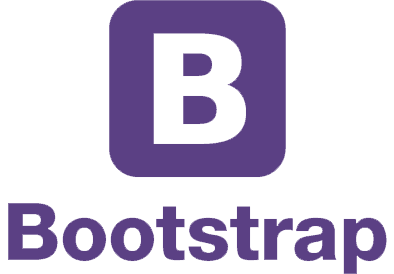.NET and DevOps work together seamlessly to streamline development, deployment, and operations for modern applications. Here’s how:
1. Automated CI/CD Pipelines
.NET integrates well with DevOps tools like Azure DevOps, GitHub Actions, and Jenkins, allowing developers to automate the entire software delivery process. CI/CD ensures:
- Code is built, tested, and deployed automatically.
- Faster release cycles with minimal manual intervention.
2. Cloud-Native Development with Containers
.NET applications can be containerized using Docker and Kubernetes, making them portable and scalable. DevOps ensures:
- Smooth deployment across different environments.
- Efficient orchestration and scaling using Kubernetes.
3. Infrastructure as Code (IaC)
With Terraform, Bicep, or ARM templates, .NET developers can define cloud infrastructure as code. DevOps enables:
- Consistent and repeatable deployments.
- Faster provisioning of resources with automation.
4. Monitoring & Logging
.NET applications integrate well with Azure Monitor, App Insights, and Grafana, ensuring:
- Real-time performance monitoring and issue detection.
- Logging for debugging and improving system reliability.
5. Security & Compliance
DevOps practices, such as DevSecOps, embed security into .NET applications. Tools like SonarQube, Snyk, and Defender for Cloud ensure:
- Secure code with automated vulnerability scanning.
- Compliance with industry standards before deployment.
6. Collaboration & Agile Development
.NET teams benefit from DevOps collaboration tools like Azure DevOps Boards and GitHub Projects, ensuring:
- Agile development with efficient issue tracking.
- Transparent workflows across teams for better efficiency.













.gif)
0 Comments